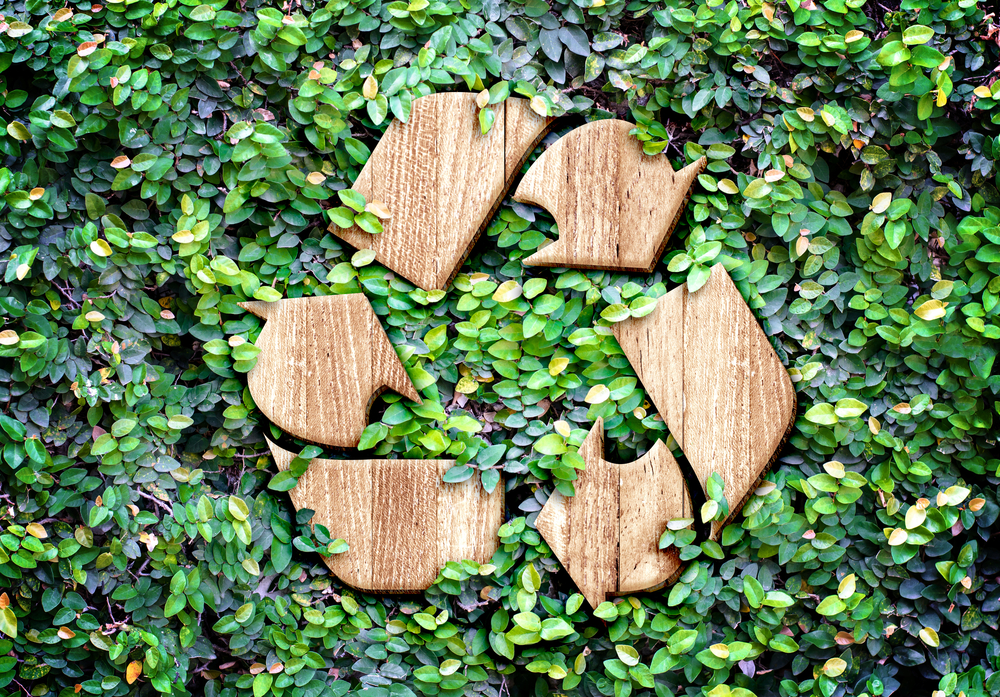The Healthcare Plastics Recycling Council (HPRC), in collaboration with Practice Greenhealth, has concluded a survey to establish a baseline characterization of current plastic recycling activity across U.S. Hospitals and to better understand the challenges limiting plastics recycling in patient care areas. Receiving responses representative of 663 hospitals nationwide, two-thirds of respondents indicated that they were collecting 40% or less of what could be recycled. Results also show that while the cafeteria remains the most frequent area where plastics collection was taking place, high volume patient care areas are not far behind.
“It’s encouraging to see patient care areas gaining ground as a target for plastics recycling,” says Tod Christenson, Executive Director of HPRC. “These areas often generate the highest volumes of plastic resources within the hospital, most of which is clean, free from patient contact and contamination. Materials like Tyvek® packaging, sterilization wrap, saline bottles, basins and trays are all common patient care products that are easily recycled.”
According to the survey results, the biggest challenges to recycling healthcare plastics included difficulties identifying which materials can be recycled, space limitations in both clinical settings and waste disposal areas, and finding a recycler to take the collected plastics. Additionally, in light of these challenges, 71 percent of survey respondents said that they expect their plastics recycling programs to expand over the next two years, suggesting a growing appetite and desire for more sustainable management of plastic waste generated by hospitals.
“As a member of HPRC, these results provide useful insights to our efforts of enabling increased recycling of plastic products and packaging in healthcare,” says Sarah Hill, Product Stewardship & Sustainability Program Manager at Medtronic. “Suppliers are sometimes better positioned to remove some of the recycling barriers that their customers face, which can accelerate change and create value for everyone.”
“This data will serve to guide our technical agenda moving forward in supporting hospitals in optimizing their plastics recycling programs,” concludes Christenson.
The survey was sent to healthcare professionals across Facilities, EHS (Environment, Health and Safety), Environmental Services, Procurement, Sustainability and Clinical Staff departments. In addition to benchmarking current plastics recycling activity, the survey also explored general recycling practices, including material accumulation methods, equipment use and waste hauling of recovered plastics.

